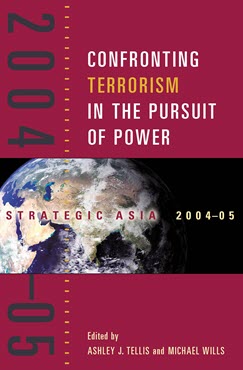Middle East
Confronting Resentment in the Arc of Crisis
The war on terrorism has clearly inflicted serious damage on the infrastructure and modus operandi of Al Qaeda and has compelled Middle Eastern regimes to take a hard look at local expressions of radicalism and violence in their countries. The region is moving toward a period of greater instability in which it will be harder for the United States to protect its interests.
The war on terrorism has clearly inflicted serious damage on the infrastructure and modus operandi of Al Qaeda and has compelled Middle Eastern regimes to take a hard look at local expressions of radicalism and violence in their countries. Yet the U.S. military campaigns linked with the war on terrorism, especially in Iraq, have crystallized unprecedented levels of anger at the U.S. presence in and its policies across the Middle East, caused it to be identified with Israeli strategies, and rendered regional publics (as opposed to regimes) partially sympathetic to anti-American violence. Regimes supporting the United States are now more discredited than ever in the public eye, and terrorism is taking on a more local character, possibly more threatening to U.S. interests than before the war on terrorism began. The region is moving toward a period of greater instability in which it will be harder for the United States to protect its interests.
Strategic Asia
The Strategic Asia annual edited volume incorporates assessments of economic, political, and military trends and focuses on the strategies that drive policy in the region. Learn more about Strategic Asia.


